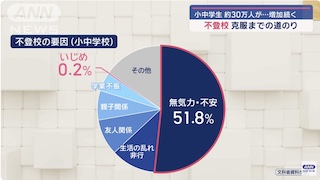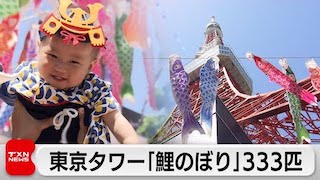Jan 31 (News On Japan) - The attempt to make a second integrated resort dedicated to gambling has been shut down by the Japanese administration, citing financial concerns.

Since April 2022, the country has been debating, monitoring, and planning the project but ultimately was forced to end it as Credit Suisse became financially unstable and was bought by UBS Group. Does this mean that the Japanese players are out of options when it comes to gambling? Certainly not, and there is still light at the end of the tunnel.
Source: unsplash.com
1. Online casinos
The safest way to enjoy online casinos and play in legitimate and trusted sites when you are from Japan is to visit any of the offshore casinos. Since local Japanese regulations regarding online casinos are strict and prohibit domestic versions, playing offshore, long-lasting and renowned, like the ones on this curated list https://www.business2community.com/jp/gambling/best-online-gambling-sites, is legal and allowed.
Enjoying the practicality of mobile apps, which most online casinos have, allows Japanese players to play at any time and anywhere. The latest research shows that there are over 107 million mobile users in Japan, which is around 85% of the total population, meaning that the potential market is huge.
2. Pachinko machines
Gambling culture in Japan has a long history, and despite the nation's limitations, the ingenious players have found a way to uphold the law and still have fun. Pachinko machines and Pachi-Slots are everywhere in Japan and represent a concept where you can buy a token or a ticket, which can be used to play the Pachinko machine. You can then, at random, win various prizes that you can redeem outside the object at a 3rd party reseller. While it may be convoluted, it is normal and accepted in Japan, generating over ¥14 trillion in 2021.
3. Horse racing
Also called Keiba in Japan, horse racing attracts nearly 200 million spectators and players per year, making it a popular pastime in Japan. Ever since the first European colonists organized the first derby in 1862 in Yokohama, Keiba has become part of Japan's culture. Last year, it generated ¥3.25 trillion, making it the highest sports betting revenue in the country. Japan Racing Association organizes the races, and the entire industry is expanding alongside Japan's economy, where people can watch exciting races at ten race courses, some located in Tokyo, Kyoto, Hakodate, Niigata, Fukushima, etc.
And that's not all, as gamblers can bet on any of the three versions of horse racing, including jump racing (an obstacle course racing), flat racing (a classic race where each jockey horse competes against others), and Ban'ei racing (sled racing pulled by horses through sand ramps).
4. Bicycle racing
Just as horse racing has a special name, Keirin stands for bicycle racing in Japan, and it was made specifically to satiate gambling needs in Japan in 1948 and onwards. Recently, South Korea opened its first velodrome, and its popularity even made it appear in the Olympics in 1996, Keirin first appeared in the 2000 Sydney Summer Olympics. Right behind Keiba, Keirin made ¥1.09 trillion in 2022, culminating in the Keirin Grand Prix each year.
Hosted annually on December 30th, the nine best competitors compete in a velodrome to win the cup and ¥100 million in prize money. Naturally, such competition attracts gambling, and players love to cheer for their favorite cyclist. Even if Japan currently only has one integrated resort for casinos in Osaka, there are 70 velodromes, allowing spectators and players to enjoy and bet on seven types of wagers. In no particular order, they are Trio, Bracket, Perfecta, Trifecta, Quinella, Bracket Quinella, and Quinella Place, which illustrates that Japan's players still have plenty of options left.










